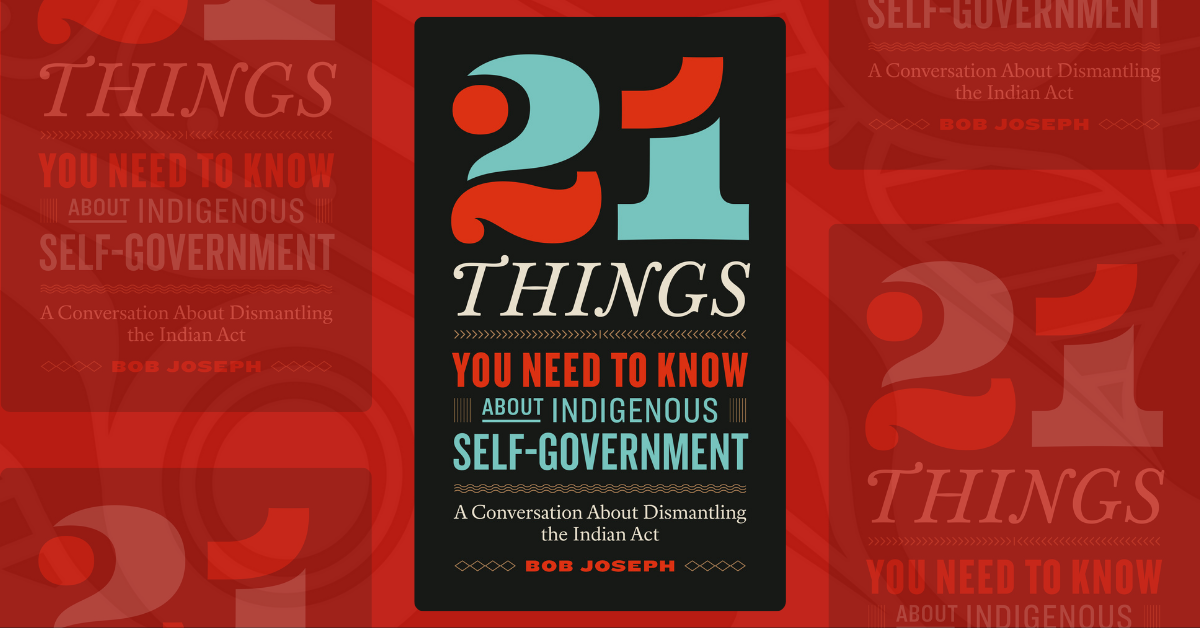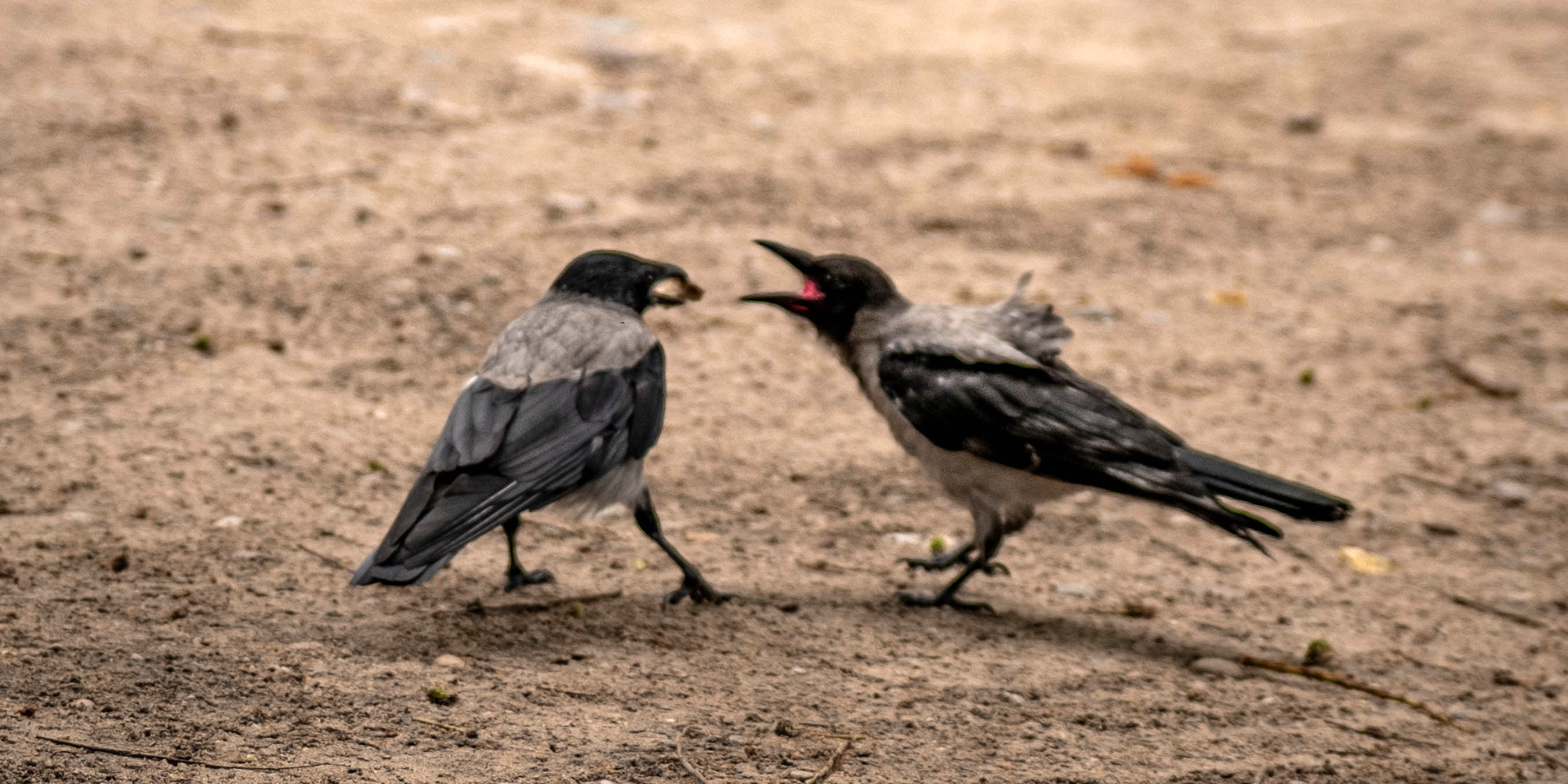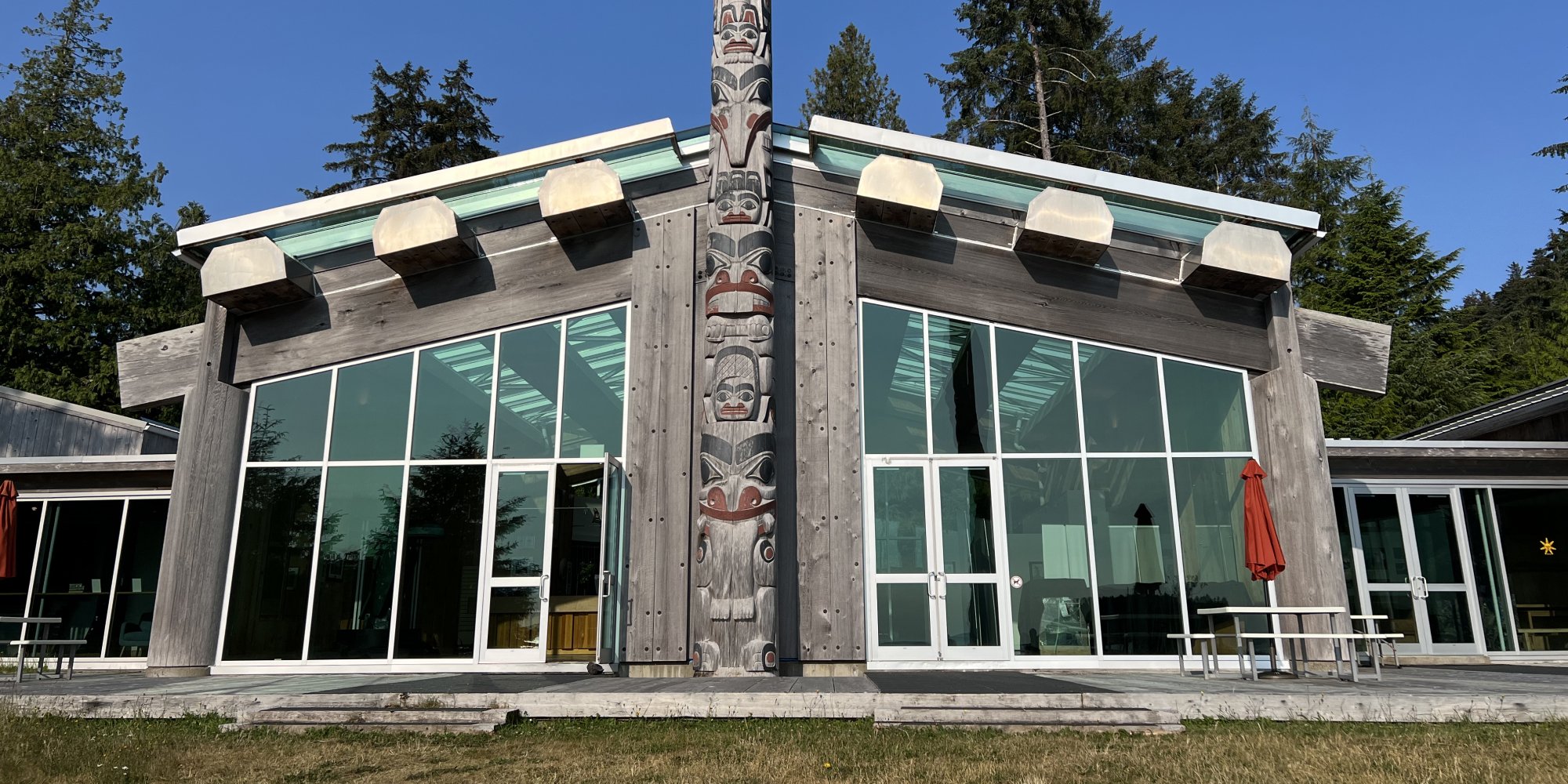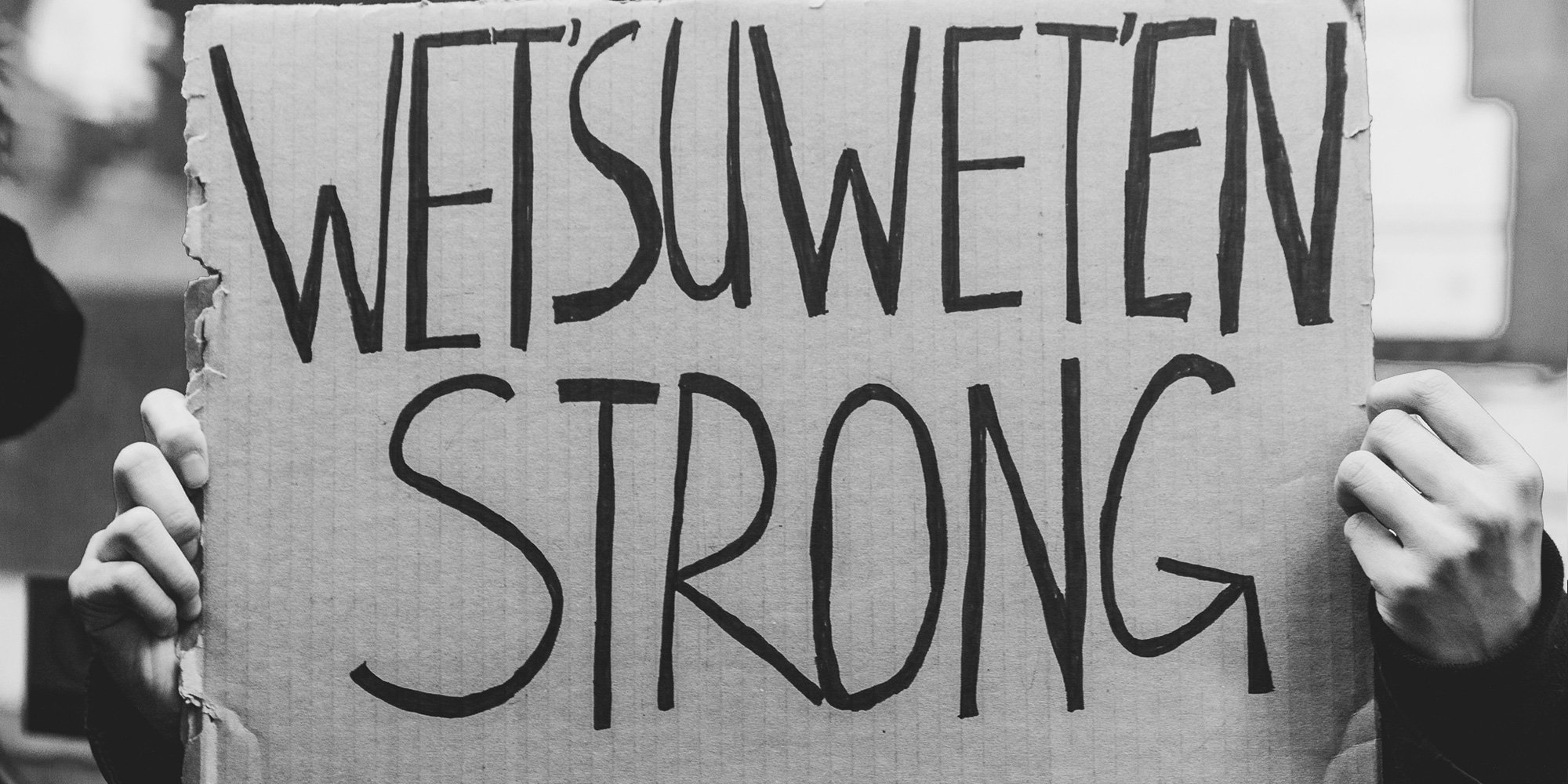Indigenous Issues and Politeness: What Should We Do?
When it comes to Indigenous issues and politeness the big question for me is what should people do if they encounter a social situation in which...

While writing my new book, 21 Things™ You Need to Know About Indigenous Self-Government, many people asked me, “why this book and why now?” The motivation for my new book came from a common theme - many of the hundreds of thousands of people who read my first book, 21 Things™ You May Not Know About the Indian Act, or attended presentations about it, asked similar questions. After engaging with the material, the first question was usually, “Can we get rid of the Indian Act?” followed by “What would that look like?” and “Would it work?”
These are timely questions, especially with 2026 marking 150 years since the Consolidated Indian Act of 1876. This presents an opportunity to discuss its dismantling; in fact, these conversations are already happening among our friends, family, and colleagues.
The Indian Act has constrained and controlled the lives of Status Indians for generations, and reconciliation will be hampered until the Indian Act is no longer intact.
So many of the issues we are facing today as a country stem directly from the Indian Act, such as Missing and Murdered Indigenous Women, Girls and Two-Spirit people (MMIWG2S), gender inequality, pay inequity, lack of economic opportunities, and the lack of clean drinking water. When the Wetʼsuwetʼen blockades were in the news, it brought up the discussion about Hereditary and Elected Chiefs.
More recently, we have realized that a dismantling of the Indian Act could help address many of the Duty to Consult issues that governments and businesses are facing in their quest to make Canada stronger.
There is hope because Canadians are now in a position to act on this issue. This book is for Canadians who want to understand what we need to do to dismantle the Indian Act and how we can move forward together. With 150 years of subjugation under the Indian Act, it is more important than ever to dismantle this historic injustice, and create economic certainty and opportunities that will set up Indigenous Nations for ongoing success and self-government.
21 Things™ You Need to Know About Indigenous Self-Government will show you that dismantling the Indian Act is not to be feared - it is vital and achievable. In fact, the process has already begun and there are many examples of self-government and constitutions already in place across Canada. Our blog article “How Many Self-Government Agreements Are There?” outlines the 25+ current, working examples of Indigenous self-government, and many more are still in progress.
I encourage you to join the conversation - read the book and attend one of my Canadian book tour events. My hope for this book is to help people understand the context behind the ongoing discussion so that they can feel confident to join the conversation, and together w can help advance reconciliation and make the country a better place for us all and for our next seven generations.
G̱ilakas’la,
K'AXWSUMALA'GALIS*
BOB JOSEPH
*(whale who emerges itself from the water and presents itself to the world)

When it comes to Indigenous issues and politeness the big question for me is what should people do if they encounter a social situation in which...

We recently revealed the cover of Indigenous Corporate Training, Inc.’s Co-founder and President Bob Joseph’s new book, 21 Things™ You Need to Know...

The Wetʼsuwetʼen protests in 2019 and 2020 were widely reported on and sparked public interest around one of many misconceptions of Hereditary Chiefs...